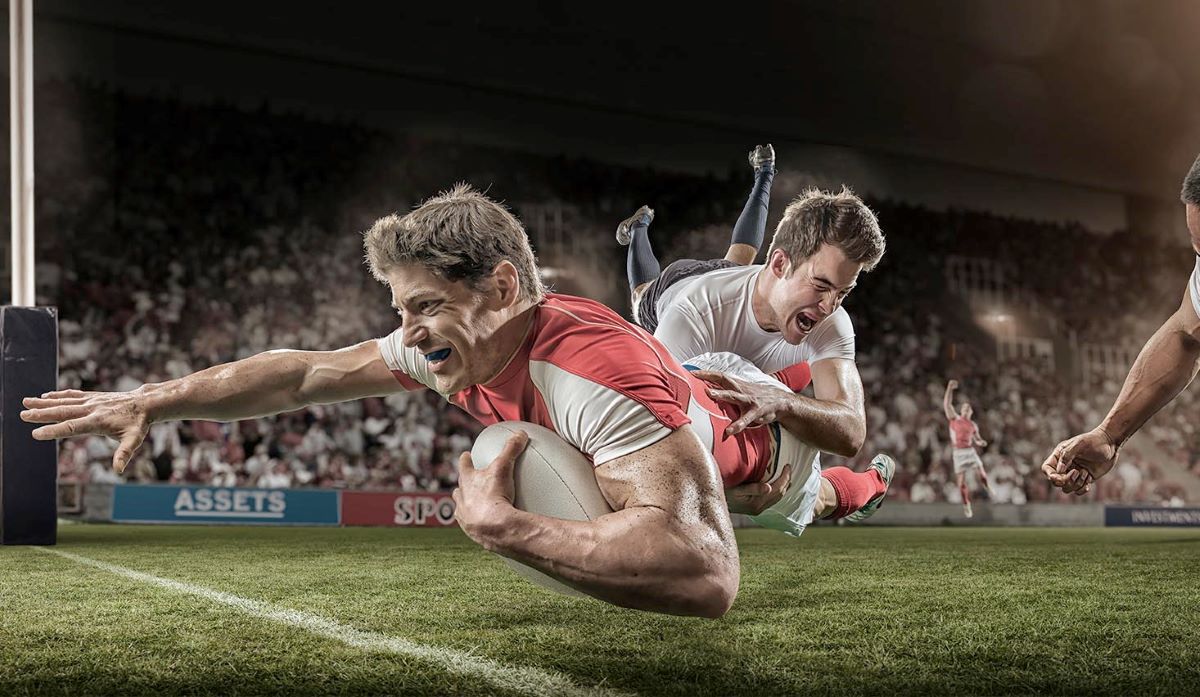
HEAD OVER HEART: IS WELSH RUGBY FACING ITS BIGGEST CHALLENGE?
As we pass the midway point of this year’s Six Nations championship, a new-look Wales side continues to rebuild under Warren Gatland’s second term.
Meanwhile, off the field, the challenges that have beset Welsh rugby are well-documented. The fortunes of the four Welsh professional regions are arguably at an all-time low. Financial challenges have forced an unprecedented player exodus, leaving the regions to promote a host of younger players to bolster their squads. Even the most committed fans have resigned themselves to a period of short-term pain.
And the WRU itself remains embroiled in controversy, following the sexism scandal that led to the resignation of its former chief executive, Steve Phillips, last year.
But perhaps one of the most complex and worrying issues facing the WRU, together with England Rugby’s governing body, the RFU, and World Rugby, is the lawsuit brought by a growing group of former players, who have been diagnosed with neurological conditions following cumulative concussions and sub-concussions suffered during their careers.
The mounting legal action has been described as ‘an existential threat’ to the game of rugby, with 212 players named as claimants in a recent High Court proceeding. Players include Wales stars Alix Popham, Gavin Henson and former captain, Ryan Jones.
Many people will have seen interviews with England’s Steve Thompson, the hooker in the 2003 World Cup-winning side who, at 45, can no longer recall the memories of what should have been the proudest moment of his career.
And it’s not just rugby players who are affected, of course. This is a significant concern for football players, too.
Freshwater has recently become involved in this arena, through our work for specialist sports lawyer, Rylands Garth. The firm is working with some of the UK’s leading medical experts in the field and is currently supporting around 550 former players who are taking legal action against governing bodies in rugby union, rugby league and football.
Rylands Garth partner, Richard Boardman, is crystal clear on his firm’s objectives: “To secure fair compensation for players, their families and loved ones, who have been affected and, importantly, to drive meaningful change in brain injury protocols to make contact sports safer for those who play them – now and in the future.”
Of course, I’ve heard the arguments that players ‘knew what they were getting into’ and that suing the WRU is in some way ‘unpatriotic’, with some players even facing intimidation and abuse over their involvement.
For me, unpicking these arguments isn’t difficult. Research into the link between repeated head trauma suffered during contact sports, like rugby and football, is already strong and getting stronger by the day. The pace of changes to protocols being introduced by governing bodies today only gives you the sense that they are behind the curve and desperately playing catch-up.
Richard Boardman explained that some experts believe that as many as one in two elite level rugby players will end up with some level of permanent brain impairment as a result of playing the game, before adding that “not even the gladiators of ancient Rome would have signed up for that”.
As for patriotism, even the late, great JPR Williams – a legend in my home town of Bridgend as well as most parts of Wales – went public last year to call on rugby bosses to pay more attention to the issue and start taking the research more seriously. Williams, a qualified surgeon, felt there was “no doubt the generations after us are going to be left worse off than we were”. And they don’t come much more patriotic than JPR.
The legal case will run its course but, for me, the key battle involves driving through the changes needed to protect our current crop of players, amateur and professional, whatever the sport. In Wales, we love our rugby and no-one wants to see it harmed, but there are some things, like the health of our loved ones, that are more important.
This article was written by our chief executive, Angharad Neagle, and featured in the Western Mail on 26 February 2024
